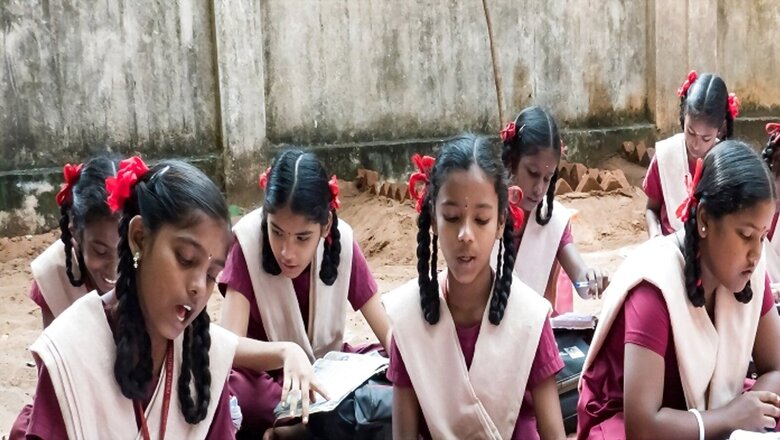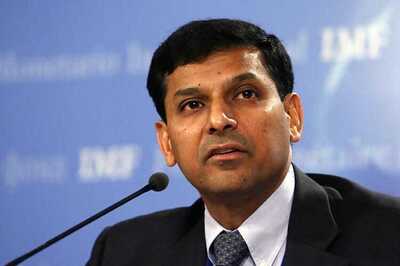
views
The Central Board of Secondary Education (CBSE) will conduct the board exams from respective schools for most of class 10 and class 12 students. To ensure safety and fairness of board exams, not only would CBSE appoint observers but will also use “advance data analytics to detect cases/centres while there is a high probability of recourse to unfair means during examinations.”
To prevent the use of unfair means during upcoming board exams, CBSE will appoint external observers, flying squads, and use CCTV, as per the usual practice. In addition to this, advanced data analytics will also be used. The board claims that a pilot analysis for this technology was done during CTET January 2021 exam in collaboration with Central Square Foundation (CSF) and Playpower Labs.
Read | NEET 2021: From Impersonator Racket to Question Paper Leak, Controversies in Medical Entrance Exam
As part of the collaboration, CBSE has developed algorithms to identify suspicious data patterns at the centre and the individual test-taker level. Based on the analysis results and the algorithms developed, CBSE has decided that such analysis will be extended to other administered examinations.
This has come at a time when India’s largest exam conducting body – National Testing Agency – has been facing scrutiny after repeated cheating cases in several exams including national-level engineering and medical entrance exams – JEE and NEET.
CBSE will use advanced data analytics to detect, respond and therefore, in the long run, prevent any irregularities in academic testing across all major CBSE administered exams in the country.
On the basis of such analysis, CBSE aims to identify examination centres where the data indicates the existence of malpractices during the conduct of examinations. Post this, appropriate measures can be taken by CBSE to strengthen the reliability of the examinations and to deter any such malpractices in the future.
Read | CBSE Allows Students to Change Exam City for Class 10, 12 Term 1 Board Exams, How to Apply
This will be used to strengthen the reliability of the National Achievement Survey (NAS), Central Teachers Eligibility Test (CTET) and Board examinations conducted by CBSE, the board informed.
CBSE will be holding board exams twice this year. The term 1 exams will begin from November 16 while the term 2 exams will be held in March-April. Both written exams combined with internal assessment scores will form the final results. The term-1 exams will be a multiple-choice exam. Students will have 90 minutes to solve each paper.
Read all the Latest Education News here
















Comments
0 comment